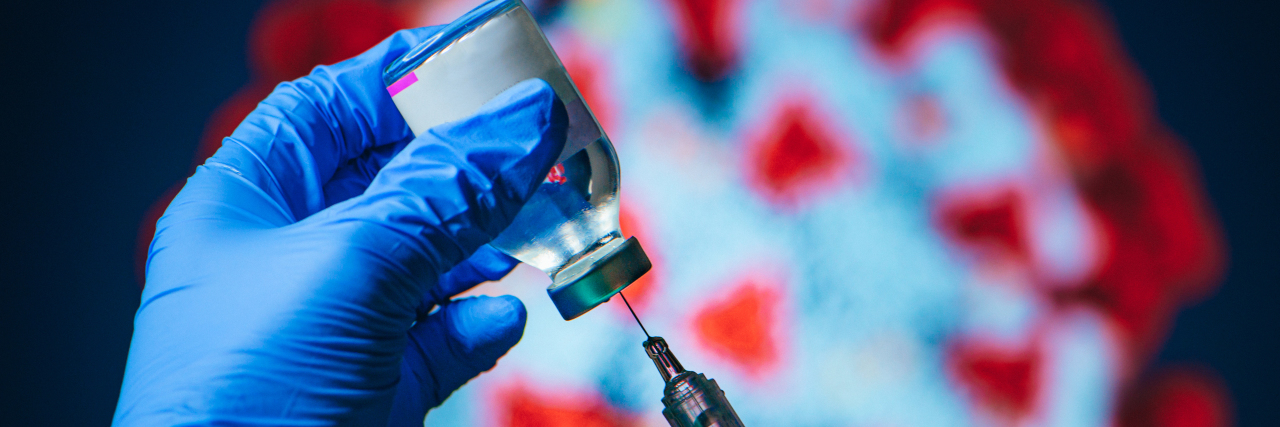UK Cautions People With Severe Allergies About Pfizer's COVID-19 Vaccine
Editor’s note: A survey conducted by Mass General Brigham found that of around 50,000 employees (including an estimated 4,000 with significant allergies to foods and medications), 2 percent experienced allergic reactions, and anaphylaxis occurred at a rate of 2.47 per 10,000 individuals after they received their first dose of an mRNA COVID-19 vaccine. This is largely comparable to anaphylactic reactions from common antibiotics.
What happened: England’s National Health Service (NHS) advised people with severe allergies should check with their doctor before receiving the Pfizer/BioNTech COVID-19 vaccine. Two health care workers with a known history of severe allergies experienced anaphylactoid reactions after getting the vaccine on Wednesday, according to CBS News. Pfizer/BioNTech’s COVID-19 vaccines were distributed to people approved for the first batch of vaccinations, which included health care workers and elderly people, on Tuesday.
As is common with new vaccines the MHRA (U.K. drug regulator) have advised on a precautionary basis that people with a significant history of allergic reactions do not receive this vaccination after two people with a history of significant allergic reactions responded adversely yesterday. — NHS National Medical Director for England Stephen Powis, CBS News
The Frontlines: Pfizer/BioNTech’s COVID-19 vaccine was deemed safe and effective by the Food and Drug Administration (FDA) on Tuesday, paving the way for the vaccine’s approval in the United States. Moderna also applied for emergency FDA approval for its COVID-19 vaccine on Monday.
- Both Moderna and Pfizer/BioNTech have reported their vaccines could cause side effects similar to mild COVID-19 symptoms, like chills, fevers and muscle pain. This is true for most vaccines as the immune system does its job.
- While deadly, the risk of anaphylaxis after receiving a vaccine is very rare. A 2015 study identified 33 confirmed vaccine-triggered anaphylaxis cases that occurred out of more than 25 million vaccine doses.
- The Center for Disease Control (CDC) has general best practice guidelines for managing and preventing adverse reactions to immunization.
A Mighty Voice: While severe reactions to vaccines are rare, there are people who cannot receive all or certain vaccines due to health conditions. So, getting a vaccine can protect people who cannot get one. Contributor Anne Hefty wrote about the importance of taking precautions to protect people like her daughter who can’t be fully immunized.
“Although the public has a ‘choice’ to self quarantine, to travel, to comply with social distancing recommendations or to attend large gatherings, I worry because the health of so many communities and people depend on the choices of those who perceive themselves to be healthy, immune, unafraid of coronavirus — in other words, independent of a herd.” You can submit your first-person story, too.
From Our Community:
Other Things to Know: There seems to be breaking news about the COVID-19 vaccines every day, which can be hard to follow. To learn more about what you can expect from the COVID-19 vaccine, you can read the articles below.
- What to Know About Potential COVID-19 Vaccine Side Effects
- Five Important Questions About Pfizer’s COVID-19 Vaccine
- Come for Your Eye Exam, Leave With a Band-Aid on Your Arm
- Demand for COVID Vaccines Expected to Get Heated — And Fast
How to Take Action: If you live in the United States, there is now a calculator where you can estimate your place in line to receive a COVID-19 vaccine.
Image via Getty Images/kovop58

